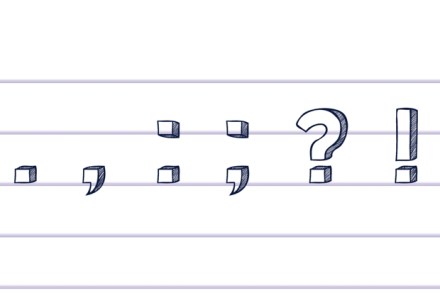The lost words of John Aubrey, from apricate to scobberlotcher
Hilary Spurling found a certain blunting of the irregularities of John Aubrey’s language in Ruth Scurr’s vicarious autobiography of the amiable man (Books, 14 March). It is true that his vocabulary was adventurous, though I’m not convinced that his age (that of Thomas Browne too) was more neologistical than Chaucer’s, Shakespeare’s, Thackeray’s or our own. Reading Aubrey (1626–97), we can overlook the Latinate words that have survived, and notice only those that did not catch on. One regrettable casualty was Aubrey’s apricate, ‘to bask in the sun’, from Latin apricari. This is not, as it happens, where we get the name apricot, which arrived in an etymological pass-the-parcel from Spanish









